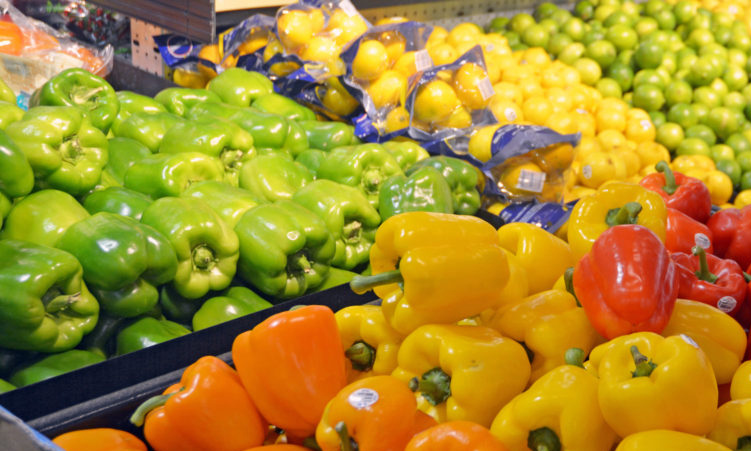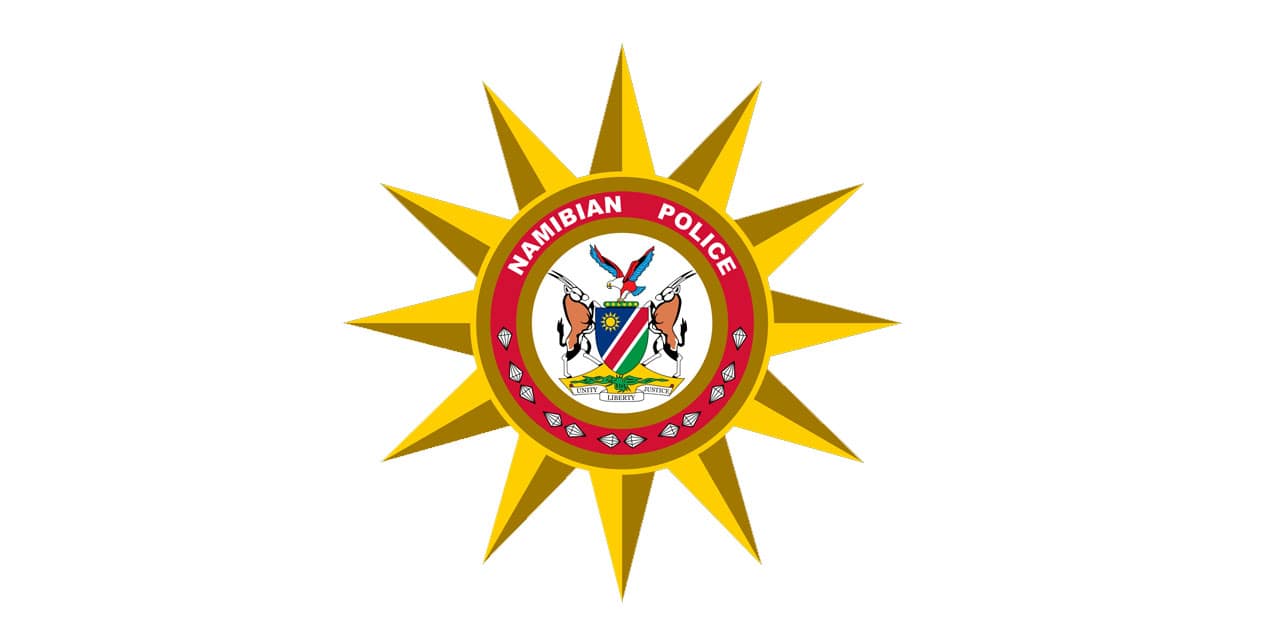Namibia launched tight import inspection controls to improve its capacity to detect and prevent substandard food products from entering the local market on Tuesday.
The initiative, a collaboration between the Food and Agriculture Organisation (FAO) and the Namibian Standards Institution (NSI), focuses on fish and canned meat products, aiming to align Namibia’s food safety systems with international standards.
The project is set to minimise risks to consumer health while promoting fair trade practices and eliminating unjustified technical barriers to trade.
It comes as Namibia seeks to bolster its regulatory framework to support food safety and facilitate access to regional and global markets.
NSI chief executive Eino Mvula stressed the importance of addressing weaknesses in Namibia’s current inspection systems to safeguard consumer trust and market integrity.
“This is a new chapter in our pursuit of excellence in food standards,” he said.
“This project will focus on developing a robust import inspection system to ensure all imported goods meet the safety and quality standards we set for our local products.”
Mvula highlighted Namibia’s revised national quality policy for 2020 to 2025, which outlines the country’s commitment to strengthening its national quality infrastructure.
The new initiative will build on this framework, ensuring a risk-based approach to food safety that protects consumers while promoting trade efficiency.
The FAO’s partnership with the NSI includes a funding commitment of approximately N$1.3 million to support capacity building and technical improvements.
Speaking at the event, Qingyun Diao, the FAO’s representative in Namibia, emphasised the importance of institutional collaboration to address existing gaps in food safety mechanisms.
“This project is designed to create an effective and internationally aligned import inspection control system,” he said.
“It will ensure compliance with global standards while enhancing the credibility of Namibian products in international markets. Together, we aim to build a safer and more transparent food supply chain.”
Diao outlined plans to train NSI inspectors, develop inspection protocols and conduct stakeholder awareness sessions, ensuring a comprehensive and inclusive approach to food safety.
The project is a first-of-its-kind collaboration between the FAO and the NSI to harmonise its regulatory frameworks with international best practices.
“This project builds on the NSI’s long-standing vision to set quality standards that propel Namibia’s industries forward,” NSI representative Paloma Ellitson said.
“It reinforces our shared commitment to consumer protection, trade fairness and sustainable development.”
The initiative aligns with Namibia’s ‘Growth at Home’ strategy, which emphasises industrialisation and the competitiveness of Namibian products in export markets.
“This collaboration is more than a response to current needs,” Mvula said.
“It lays the foundation for sustainable food safety practices that will secure the future of Namibia’s food supply chain.”
Stay informed with The Namibian – your source for credible journalism. Get in-depth reporting and opinions for
only N$85 a month. Invest in journalism, invest in democracy –
Subscribe Now!






